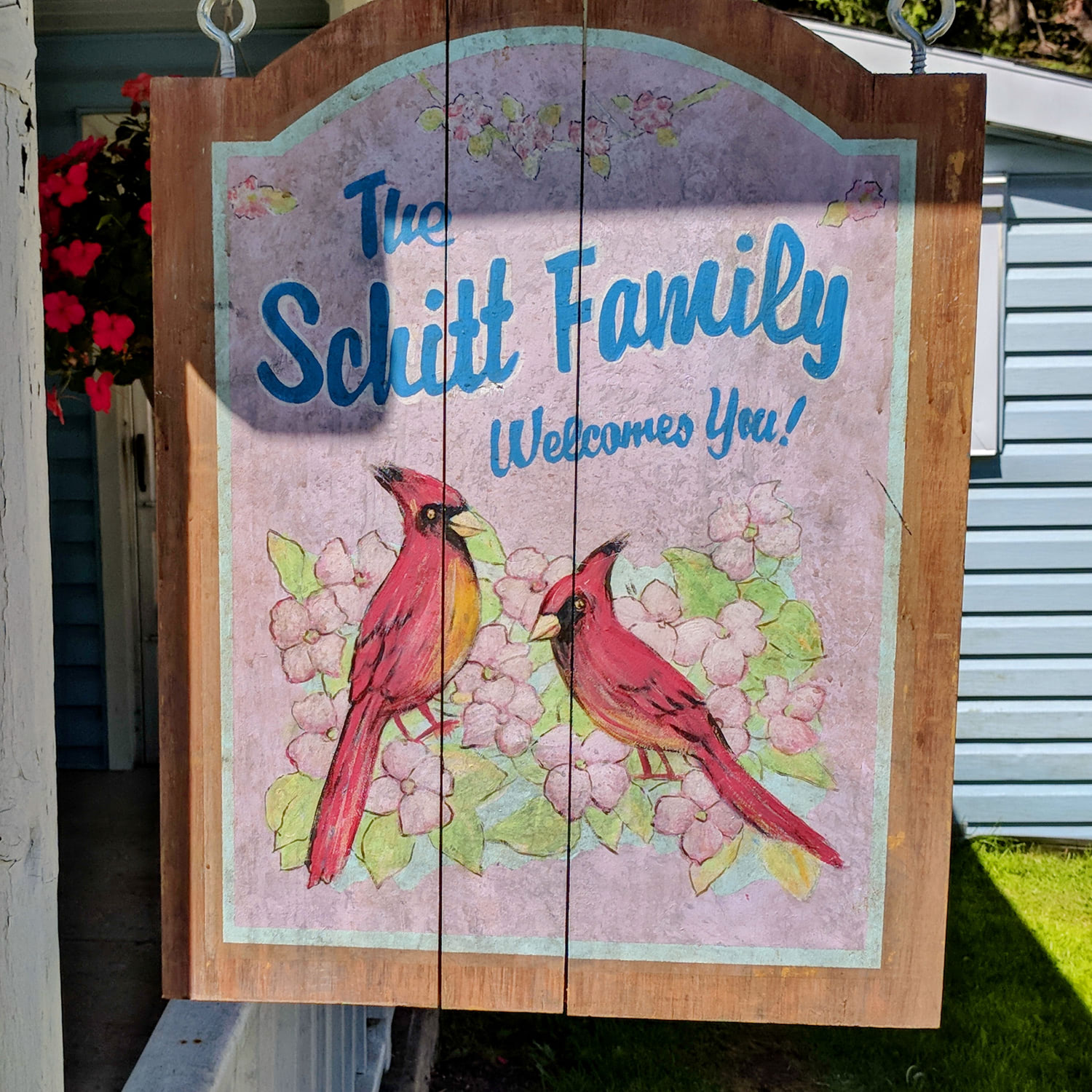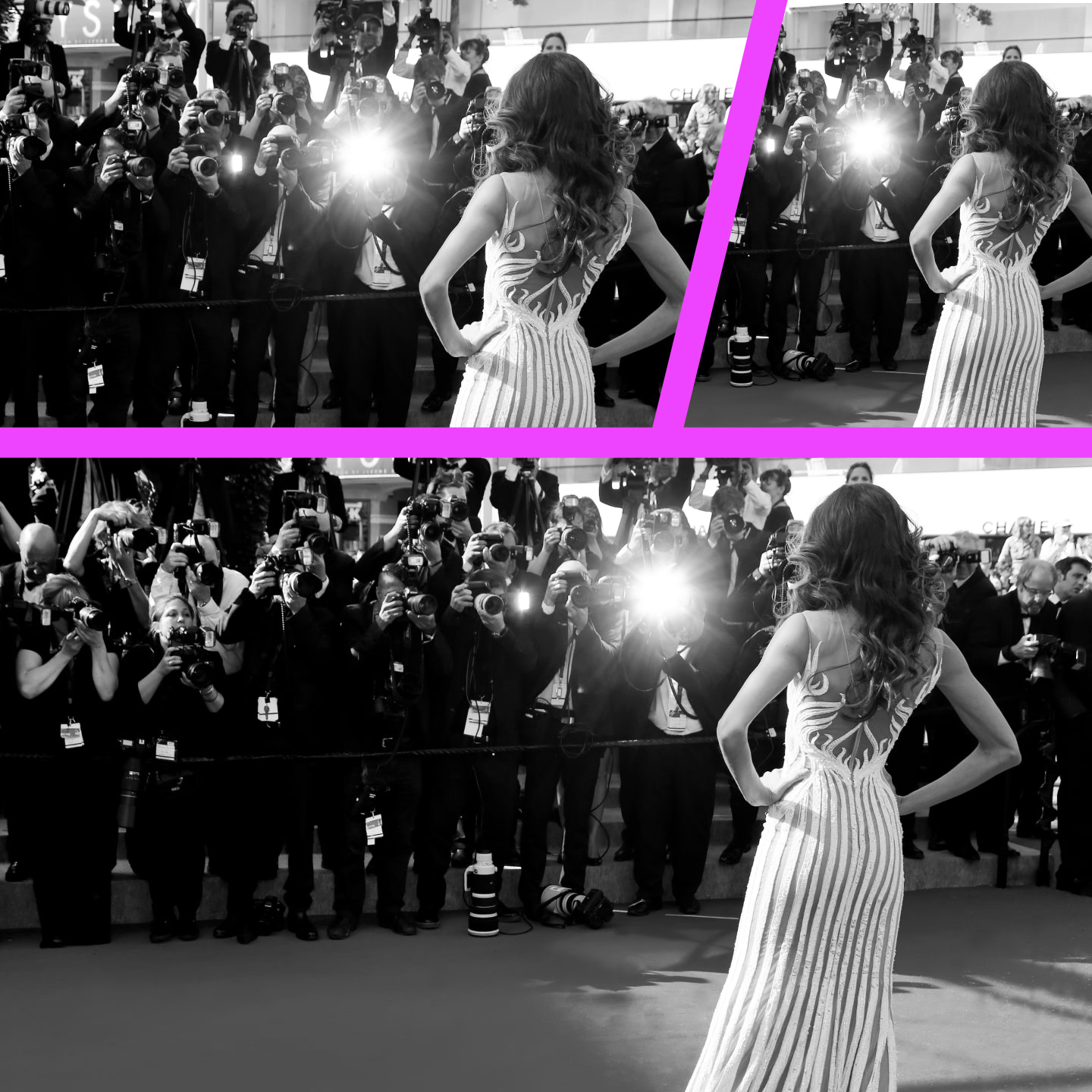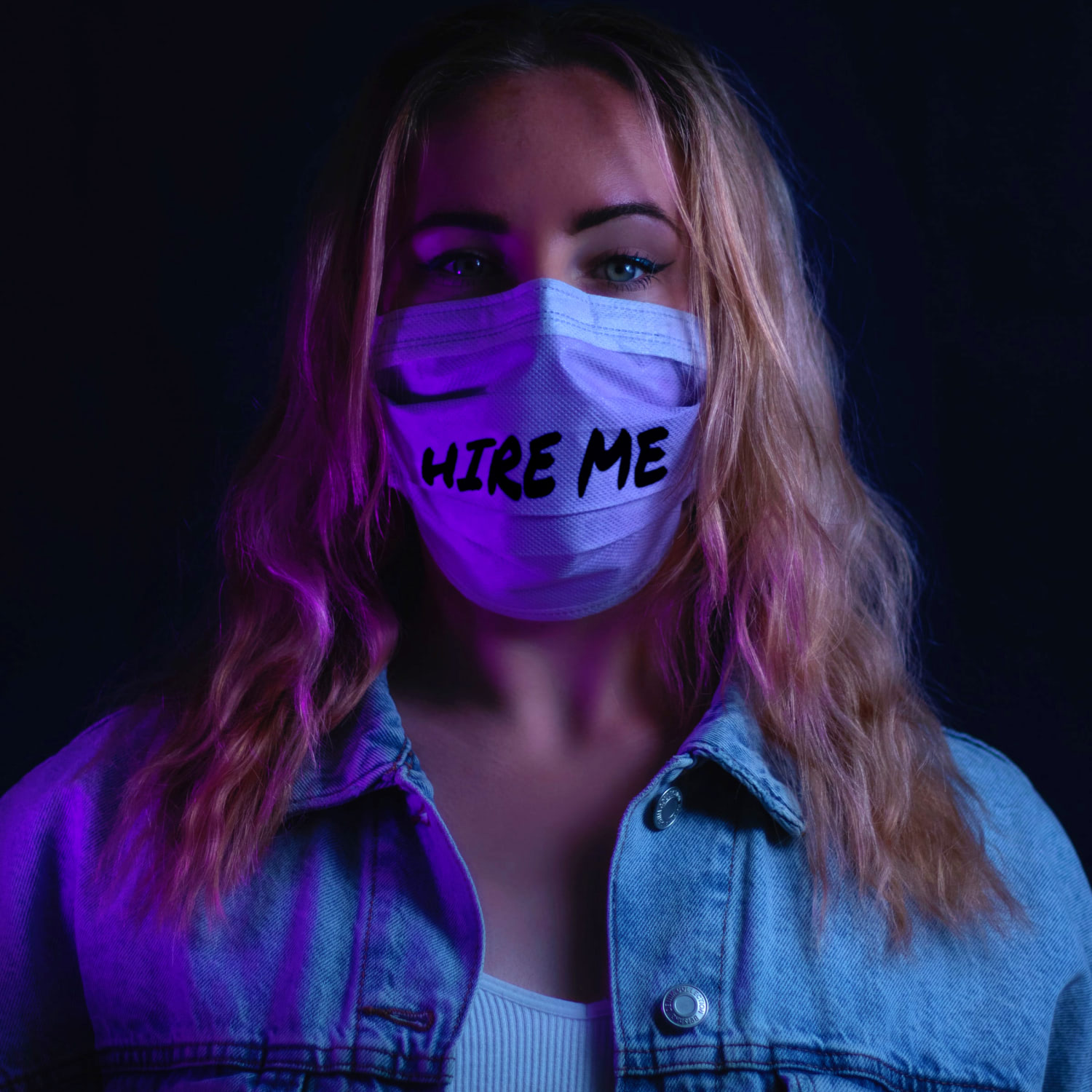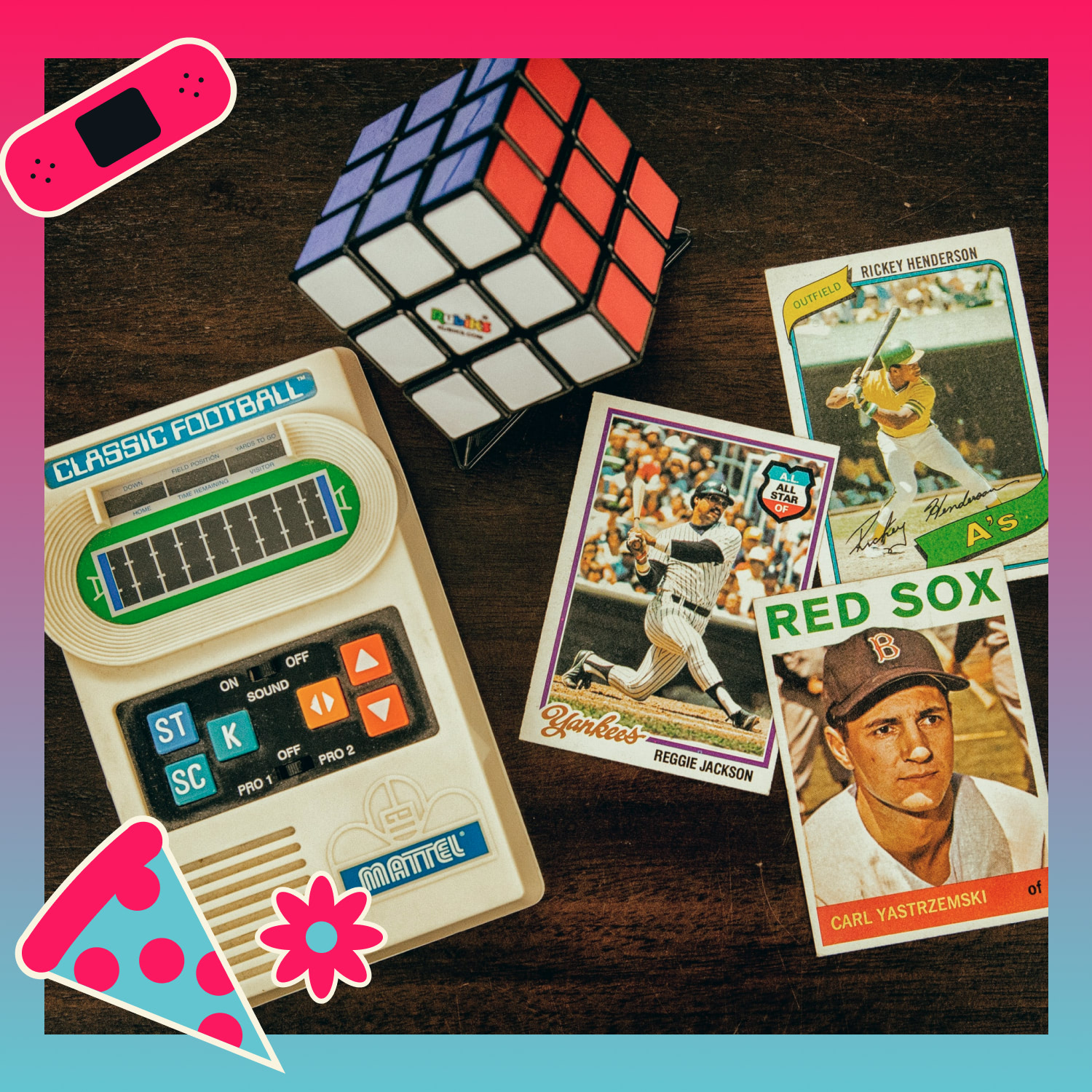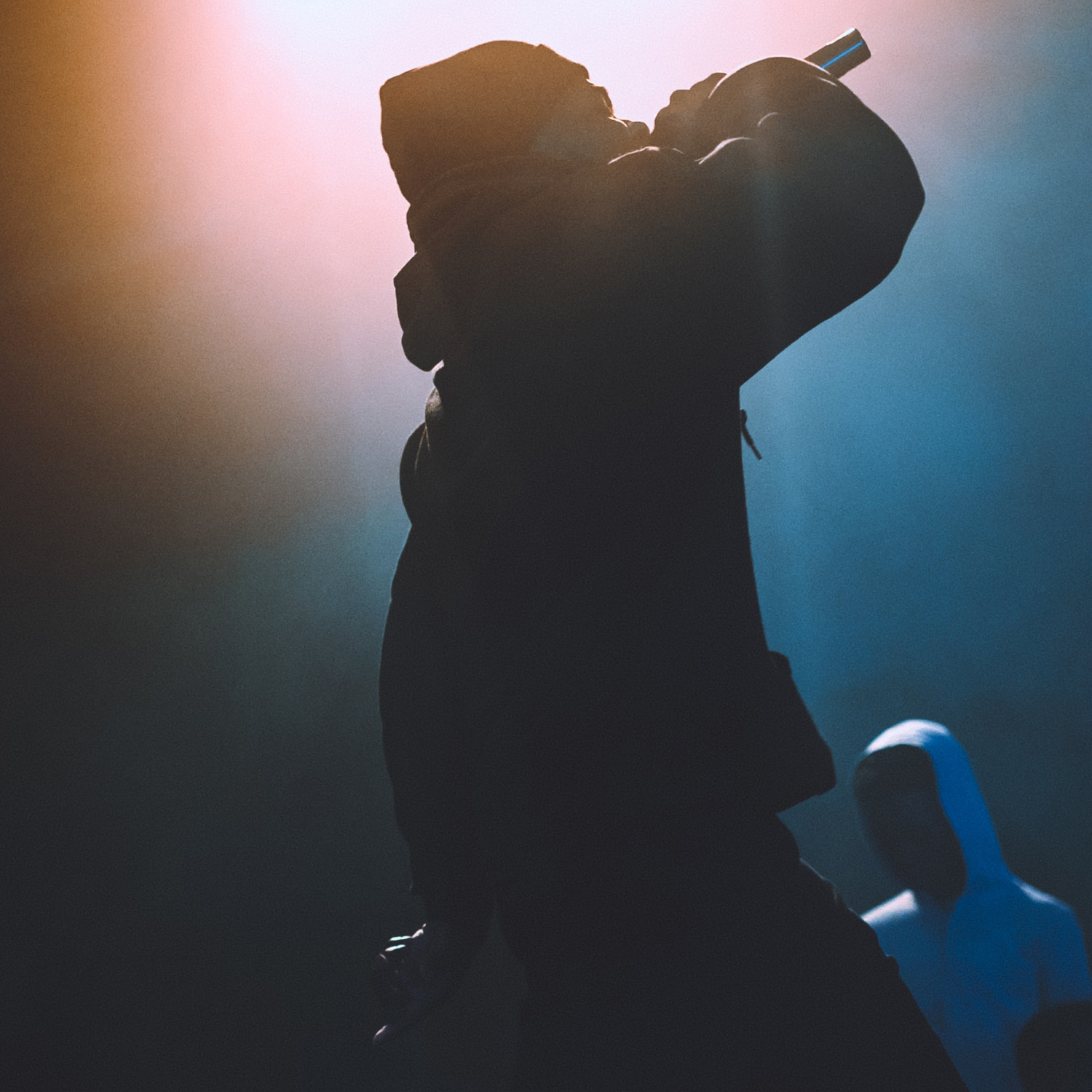
The Record Industry Thrives on the Exploitation of Young Rappers|A man walking in front of a white sports car under a billboard that reads "see you when I'm famous."|Three men filming a rap video on an empty tennis court.|A person signing a contract.
The Record Industry Thrives on the Exploitation of Young Rappers|A man walking in front of a white sports car under a billboard that reads "see you when I'm famous."|Three men filming a rap video on an empty tennis court.|A person signing a contract.
The Record Industry Thrives on the Exploitation of Young Rappers
I wanted to work in the music industry since I was 12, when I first saw Snoop’s video for “What’s My Name,” where he turns into a dog and bites the old man and jumps out the window. My dad hated that song, so it was really formative for me. I was living in a third- or fourth-tier city, so I was discovering music from the outside. Skate videos educated me on music until 1999, maybe 2000, when somebody showed me Napster and explained what an MP3 was. Then I picked up a copy of The Source and there was this industry section in the back, and I saw a picture of the guy in a convertible talking about his job in A&R. At that point I didn’t even know what “A&R” meant, but I was like, “That sounds like a sick job. I want to do that.”Eventually, I moved to L.A. with the goal of finding a rapper to develop into the next Kendrick or Chance. This one guy popped up on my timeline for some reason, and it was like half a song on YouTube but I thought it was really awesome. He was just really, really smart, and was talking about things differently than I had heard in the past. We spun up two mixtapes, spent $150 on a video, and then that video ended up doing millions of streams in a couple of weeks. We had every major label trying to sign us at this point. We chose one of them, and that’s when the shit hit the fan, in such a serious way.
How a Rapper Gets Signed in 2020
There’s a path that most young rappers follow to get to a big record deal. Typically it starts with somebody who’s either good at freestyling or good at singing. That person’s work or notoriety, or their name, gets in the ears of somebody with studios. In a lot of the communities these rappers are coming from, people buy studios to diversify and legitimize revenue that they make through other means. Regardless of how they acquire the studio, normally they will invite somebody in and say, “Hey, you’re really talented. You can use the studio free for however long.” Or they’ll say, “There’s no studio fee, but you gotta sign to us as a production company. You can use our producers and you can use our engineers.” Those deals are where it gets really spicy. They can be egregious, and hard to get out of. They’re nuanced, but essentially at the end of the day they look like, “50 percent of every dollar you make goes to me, and whatever’s left goes to the label.” So when they arrange a label deal for the artist, they already own half the pie. A lot of the biggest rappers in the game are still stuck in deals like this that they signed at the beginning of their careers. If you get an artist to sign one early, they’re pretty much bulletproof. Being on the profitable side of them is how you get extremely rich in rap music. And they do provide a lot of value—a lot of people’s first mixtapes wouldn't be made without these people. Hence they wouldn't get the ear of the streets, they wouldn’t get the radio DJs and the mix show DJs playing them. But from then on they’re locked in. A lot of people don't really blow up on Soundcloud first. A lot of artists are incubated from a very early stage, to the point where they kinda can't fail. You're almost guaranteed to get to a certain level if you're signed to the right producer. That doesn’t mean you’re making any money. The label negotiates explicitly with the person that has the furnishing agreement, the production deal. So while they’re incentivized to get the best deal, you don’t have any say in it. If you hated your A&R, you wouldn't have a choice, you're just doing this. Or if you have any moral qualms with other music on the label, or if you just don’t think it’s the right fit, you don’t have a choice.

Spotify is a whole other beast.
Labels Have Money to Spend—as Long as You Stay on Their Good Side
Typically, at this point, the label teams step in and, either you’ve already got a single that’s doing really well and they want to amplify it, or they say, “Here’s a very small budget. Come back to us when you have a hit.” And then it’s up to you and the people around you, often your producers. A lot of people stagnate and stay in that zone. And if you get stuck there, they can’t really get out. They have really no agency, and they’re kinda living the same life they were living before, but they can't put music out. Because, again, everything has to be mutually approved by the producers and label.So say you do manage to get a great single going. The next step is radio, where normally you start out at what’s called “mix shows,” which are certain time slots on urban radio where they test out new records, and the label gives you a small “promotion budget.” It’s very transparent that you’re paying to get the song played. (And it’s not just rap. You have to pay for play in rock and dance music and all kinds of other things.) Payola is absolutely legitimately still a thing. It’s just become one of those open secrets in the music industry.If you can't get the single off the ground in mix shows, it’s very seldom it’s going to move beyond that. But if it’s undeniable, like if it’s a fucking smash, you’ll start getting adds on urban radio. At that point, they do what’s called “research,” where a company randomly calls people in the area, asks them if they’ve heard the song and to rate it on a scale of one to ten. You literally use a phone to say like, “Yes, Post Malone is a six.” And based on the data that comes back from these insanely outdated polling methods that determine the future of your single. It literally makes zero fucking sense. It’s so fucking weird and completely archaic.But say your song does well, the research comes back semi-positive and it’s picking up in New York, Mid-Atlantic, down South, Texas, California—then you have to go to do radio promo. In New York, for example, we did one of the big shows, and the DJ is like, “Come by the club tonight, we’re gonna play your song.” This means we go to the strip club, and the DJ plays our song. But I’m not spending money at a strip club and neither is my artist, so our label guy goes to the ATM and brings us back $2K in cash. We just throw it at the strippers and walk away, because the club needs us to pay the DJ at the club, instead of the radio station where he also works. It’s just so transparent and fucking weird. And then you’ll do that six nights a week for weeks at a time, all up and down the coast. It’s a nightmare, but that’s what it takes to get a record played. If you can land your song in the territory of the Hot 100, you're pretty much set for the next couple of singles at least. You’d have to fall off pretty hard because the label at least sees there’s some traction and you’re worth investing in. But if you don't get that first one out, and they spent $150K on radio promo, and the record doesn’t break the Top Ten, and they spent $150K on radio promo, you’re very hard-pressed to get that opportunity again.And then Spotify is a whole other beast. It drives a lot of interest from the labels because they make more money from Spotify than they do from radio, for sure. But it’s such a black box, as opposed to radio, where you very clearly say, “Here, I am paying you to play the record.” Spotify basically decides what becomes a hit and what doesn’t. There’s definitely payola going on there too. Certain people at Spotify get really good Lakers seats (like, I've actually been in the suites with Spotify people). It’s really well-guarded, and I’ve never really experienced the payola side of it, but it very much exists. Absolutely. The label can circumvent that framework a little bit, if they really want to, especially because Universal owns a chunk of Spotify. So sometimes there is a magic bullet that can be fired, but it’s super rare.

What Happens to Rappers Who Don’t Make the Cut
If you don’t get Spotify playlisting and you don’t have a single, then your album is fundamentally worthless, and you’re starting from the beginning, with no budget to get you back on track. People who wind up there get jobs, or they sell drugs. They put money in their pocket somehow. I manage an artist right now and she was looking at one of the production deals we talked about and she was like, “I’m never signing that. I’d rather go be a stripper again. My kid’s not gonna starve.” So that’s kind of what happens. They are just people who had this weird fling with a major label and then they go back to their lives.Some may even wind up owing the label money on their deal. When you sign with a record label, typically there’s an advance attached. The advance means they put some money in your pocket to be able to sustain yourself while you work on the album. What’s not clear to a lot of people is that you have to pay that back, based on the split of the record deal. The label takes their side of the split, and you have to pay back the advance with your side. So say you’re in a deal with the label making 75 percent and you making 25. Whatever money comes in off your music, they’ll get paid back first, and then you start using your 25 percent to pay back the $100K or whatever that you got as an advance. And even if you do recoup, and they made all of that money, you still never own your master recordings. Essentially it’s like taking an insanely high-interest rate on a loan to buy a house, paying it off, and then you still don’t own it. But that rarely ever happens. Only about five percent of artists recoup, and I’m sure you can name those artists on two hands.
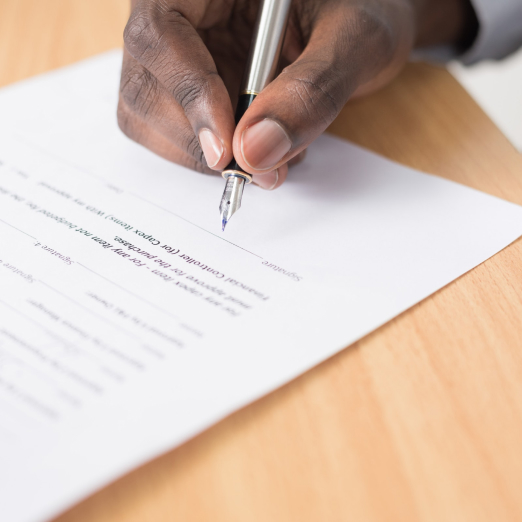
It’s a problematic system and I think Western capitalism will always dictate that it behaves this way.
Exploitation in the Music Industry Is a Systemic Issue
I’ve since experienced things at major labels with my other clients that are actually beneficial and positive. It’s about individuals. But at the same time, if you drill down into it, all of these companies are exactly the same. It’s not even these people, as much as it is their parent companies: the Carlisle Group, BlackRock or whatever it is. All of those companies are the ones that are ultimately benefiting from the talent of young people. These companies go to artists who are coming from lack of means, and they dangle checks in front of them and they invest in assets that they get at bargain-basement prices, and then leverage and eventually sell off. It’s just like private equity.It’s a problematic system and I think Western capitalism will always dictate that it behaves this way. It’s win-lose by design. There’s a universally acknowledged idea that publicly traded companies have no obligation other than to return as much value to its shareholders as possible. And that will always be to the detriment of ancillary aspects of the business, whether that be environmental fallout from fracking, or starting a coup in Bolivia so you can get your hands on more lithium to make batteries for your electric cars, or chewing up and spitting out promising young artists. It’s not even the fault of the individual participants. They don’t realize that these systems can change. They think, "I’m a good guy, and I’ll perform in this fucked up system in the best way I can." There’s a certain purity in the music industry—if any of us just wanted to get rich, finance isn’t that complicated. We could be at hedge funds if we wanted. But we do it for the passion. We love people, love storytelling, love to provide opportunities for people who wouldn't otherwise have them. But until we can build something completely different, the best anybody within the system can be is less evil.


